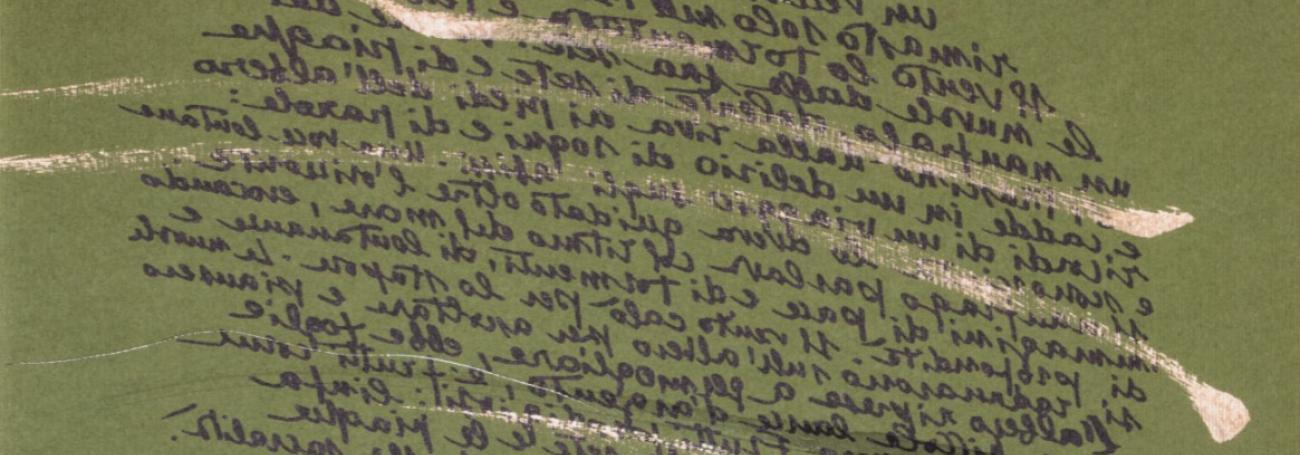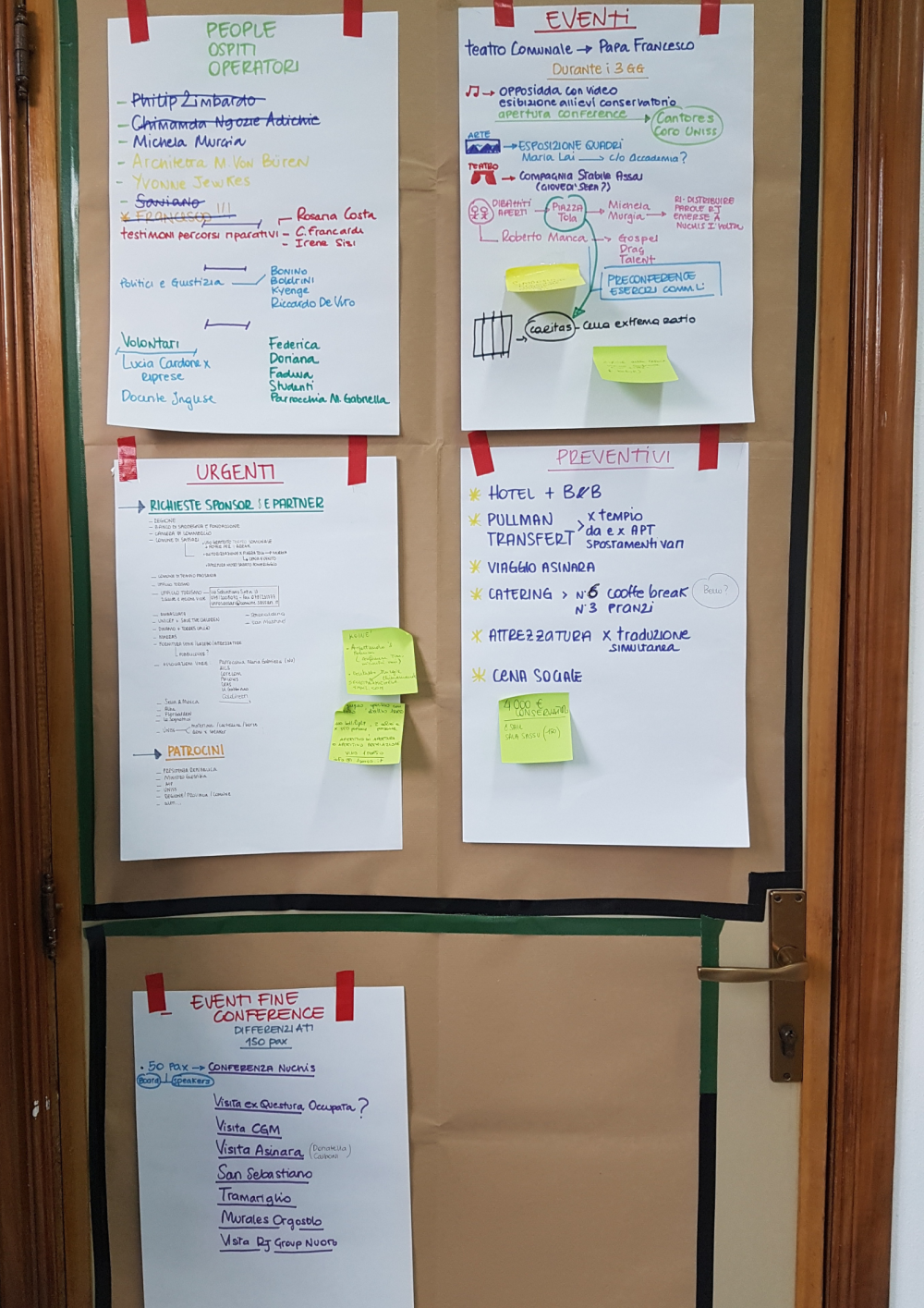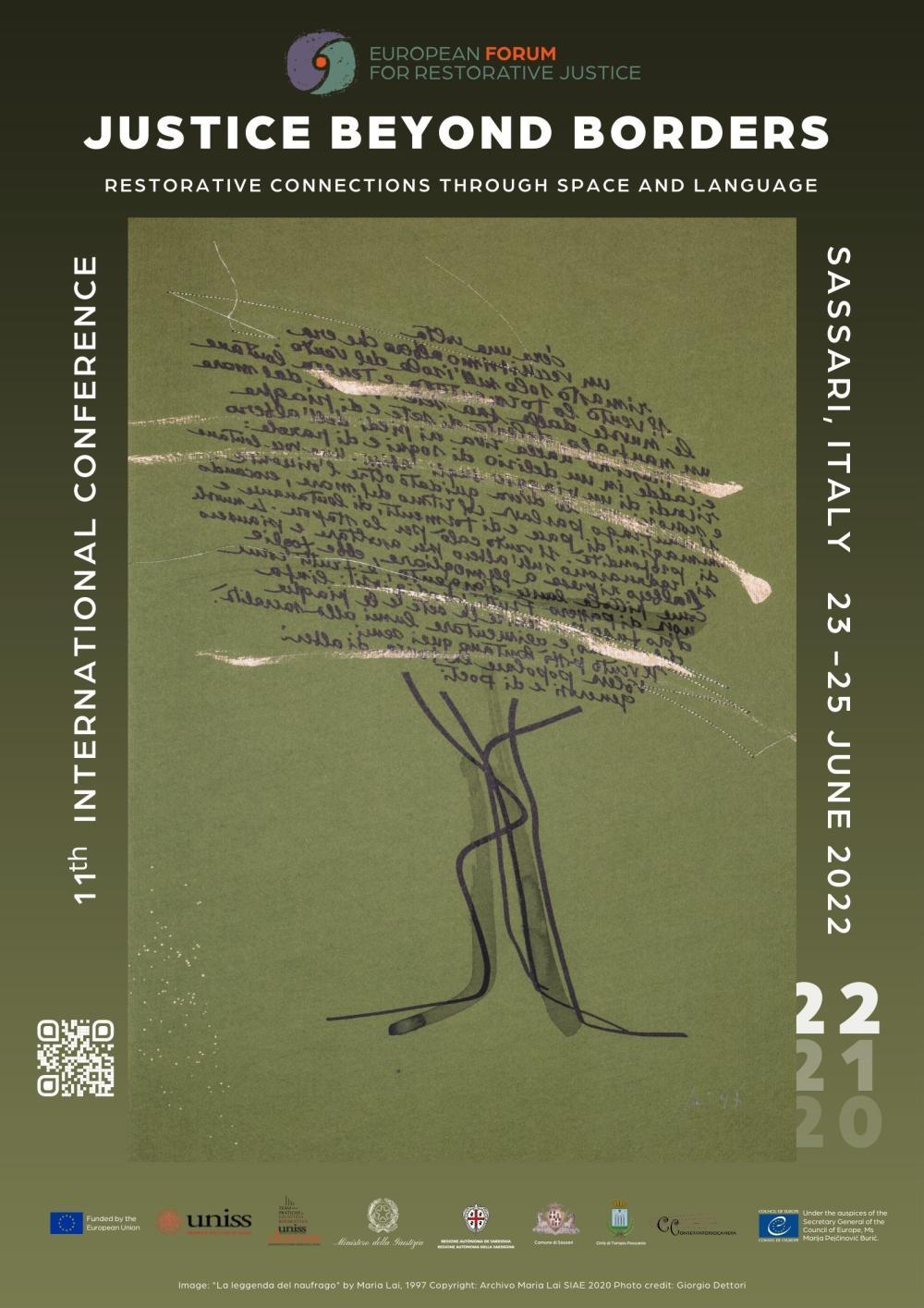Formats
We encourage participants to contribute by choosing one of the following types of formats to actively participate in the programme of the conference. Please note that the Scientific Committee may re-contact you to revise the format and/or timing, if needed.
- Dialogue session – 80 minutes (This session involves a group of minimum 2 presenters introducing a topic and facilitating a dialogue with the audience; the proposal must include the introduction to the topic as well as potential questions for discussion; please contact other presenters and submit a joined abstract)
- Skills workshop – 80 minutes (This session involves one or more presenters who wish to facilitate practical exercises to learn specific practices or to share experience on specific situations; the proposal must include the details of the activity, including min-max number of participants, their level of experience, and materials needed)
- Presentation – 40 minutes (This session is meant for individuals willing to engage into a dialogue on their experiences, practices or research findings as well as on any of the materials available in the virtual exhibition room*; this individual contribution will be combined with others of a similar theme into one parallel session)
Because of the uncertainties due to the Covid-19 sanitary rules, we are currently planning part of the parallel workshops to be delivered in an open space (3 hour sessions composed by two or more proposals around similar topics). This means that you must be prepared not to use any technical support (e.g. projectors or speakers) despite some old school printed materials you may take with you (e.g. printed slides or poster or gadgets). We will confirm the technical equipment of the venue (or open space) closer to the date of the event.




